Our Work
The Coalition of Institutionalized Aged and Disabled (CIAD) is a non-profit, constituent-led advocacy organization of adults living in Adult Care Facilities (ACF). The vision of CIAD is one that seeks to protect people’s rights, improve the quality of their lives and living circumstances, and transform institutions into real community settings where people live with dignity, autonomy, and agency. The CIAD team, of Staff, Board of Directors, Peer Advocates, and Resident Council Leaders believe the key to changing the adult home system requires a disruptive mind set from one that sees our constituency as marginalized populations needing treatment and management, to a system of empowerment, reintegration, and participative neighbors. Ours is the ongoing work of chipping away at the systemic barriers to inclusion of all peoples in our New York communities.
Empowerment and Resiliency: The Impact of CIAD
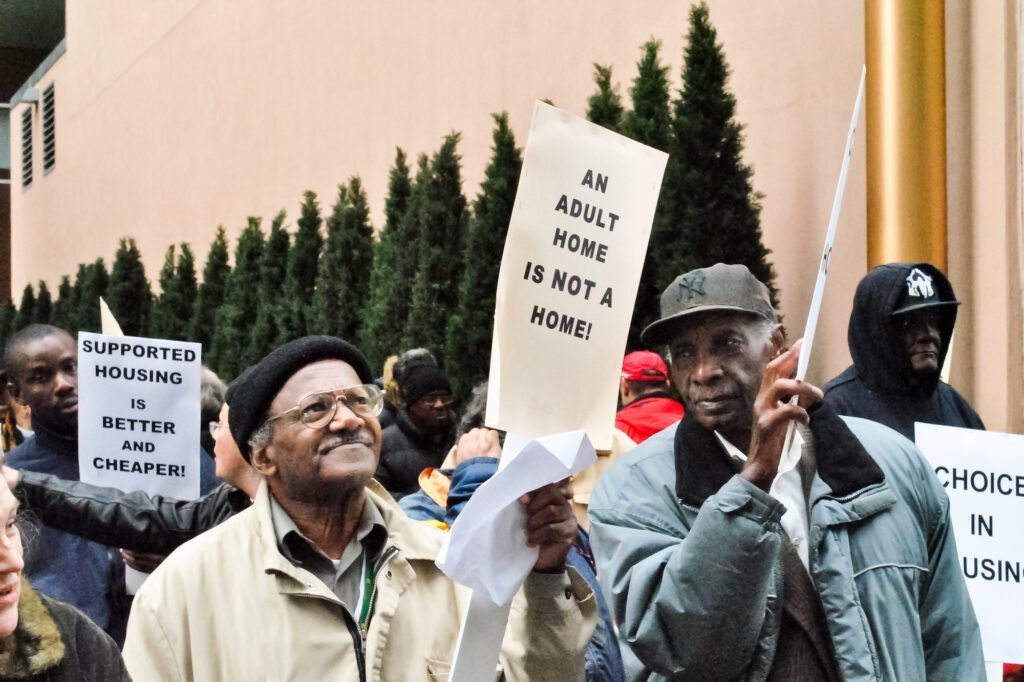
Organizing
CIAD works directly with adult home residents to organize for change – in their individual facilities – and to achieve broader systemic reform. CIAD’s activities include:
· Resident Council Organizing to develop and strengthen mandated resident directed organizations in the adult home
· Policy Committee meetings with resident leaders to strategize our campaigns
· Annual Adult Home Resident Speak-Out in Albany
· Training for Resident Councils, community leaders and advocates
· Advocacy with government regulating agencies and elected officials in district settings
CIAD’s adult home organizing staff are among the only advocates who regularly visit adult homes and adult home residents in the city.
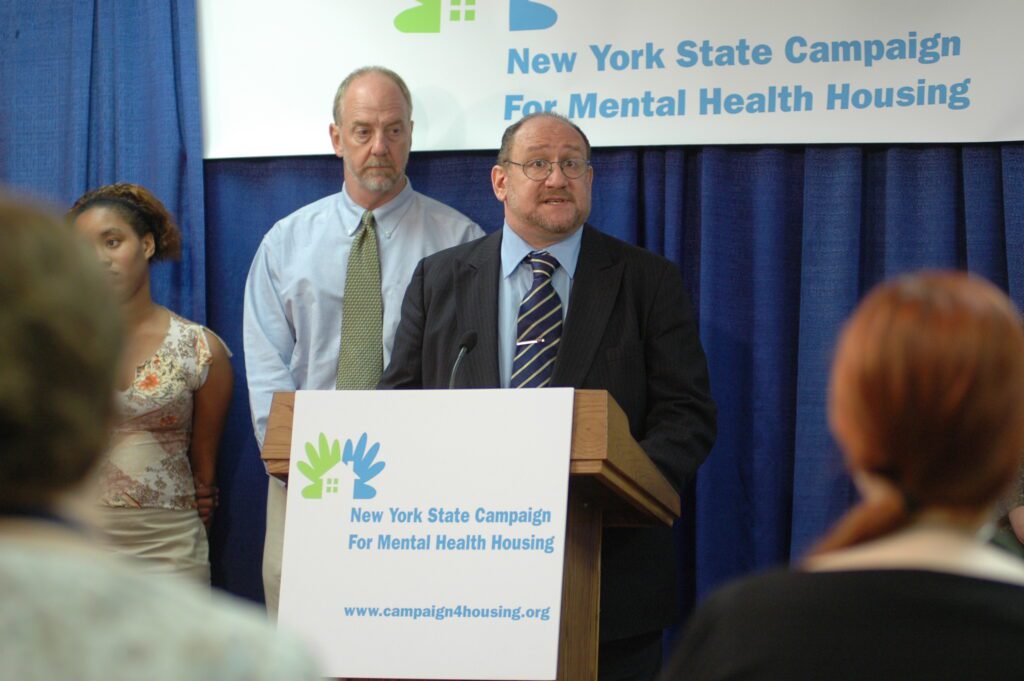
Advocacy
CIAD helps residents understand their rights and improve their quality of life. This is a critically important role CIAD plays for residents, who have few other advocates. CIAD staff both provide information to residents to promote self-advocacy where possible and assist residents in situations where help is needed.
Our advocacy work includes:
- Complaint Handling
CIAD helps residents resolve individual complaints’ and assists individuals to connect with valuable resources such as housing assistance, affordable transportation, and mental health programs. We have successfully advocated on behalf of residents concerning their finances, access to information about housing opportunities, and issues of safety, mental and physical care.
- Information Distribution
CIAD strives to connect residents to resources outside of the adult homes. Visit our Resources Page.
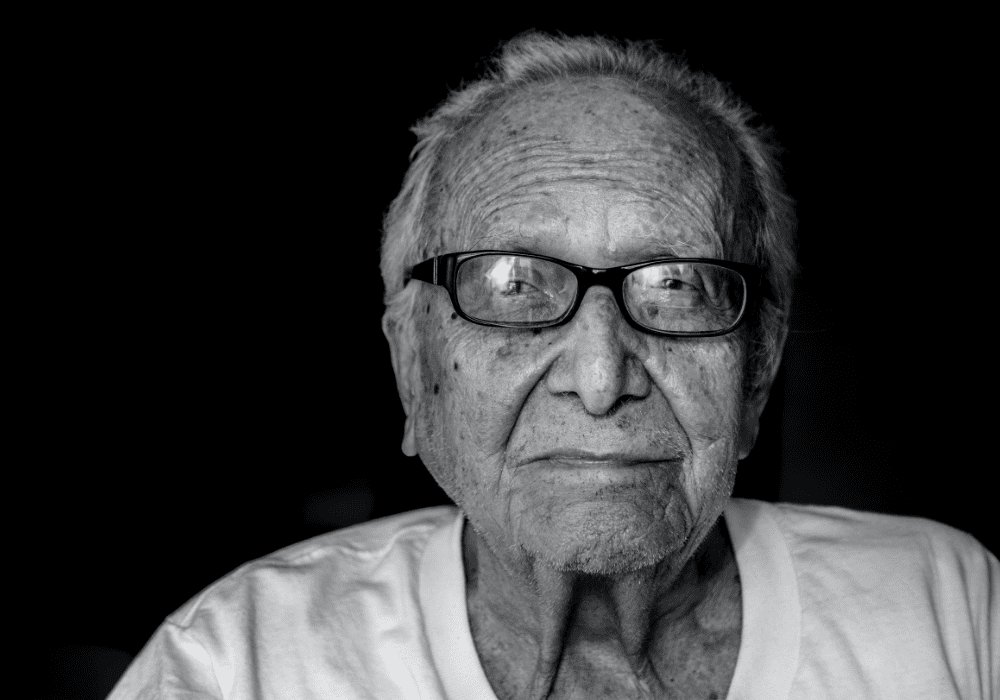
Media Team Project
CIAD trained a group of residents to use professional cameras, sound equipment, lighting equipment, and editing programs in order to create a series of high-quality, resident-directed documentary and public education films about adult homes.
The project was funded by the New York Community Trust and a Manhattan Neighborhood Network (MNN) Community Media Grant. CIAD members were able to learn the basics of producing and editing from MNN’s Community Media Program.
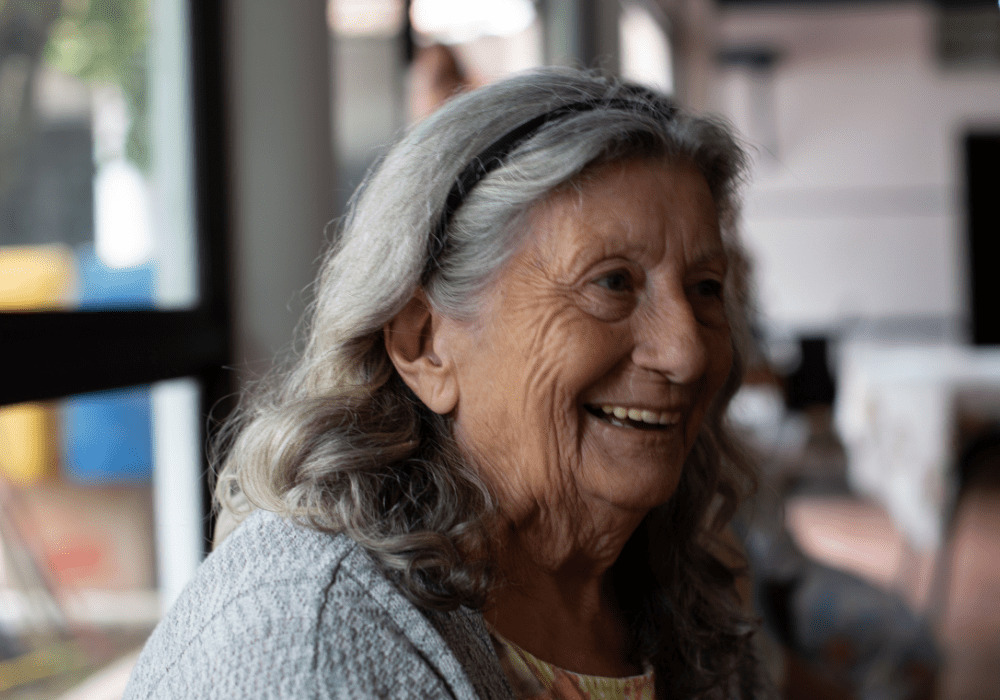
Resident Councils
Resident councils help preserve the independence, choice and control residents can lose living in an institutional setting. Resident councils should be resident-directed, and should be a resource for residents to bring up complaints or problems to the administration as a collective. Unfortunately, because of the many obstacles facing residents of adult homes, many resident councils are co-opted by the administration, or barely exist at all.
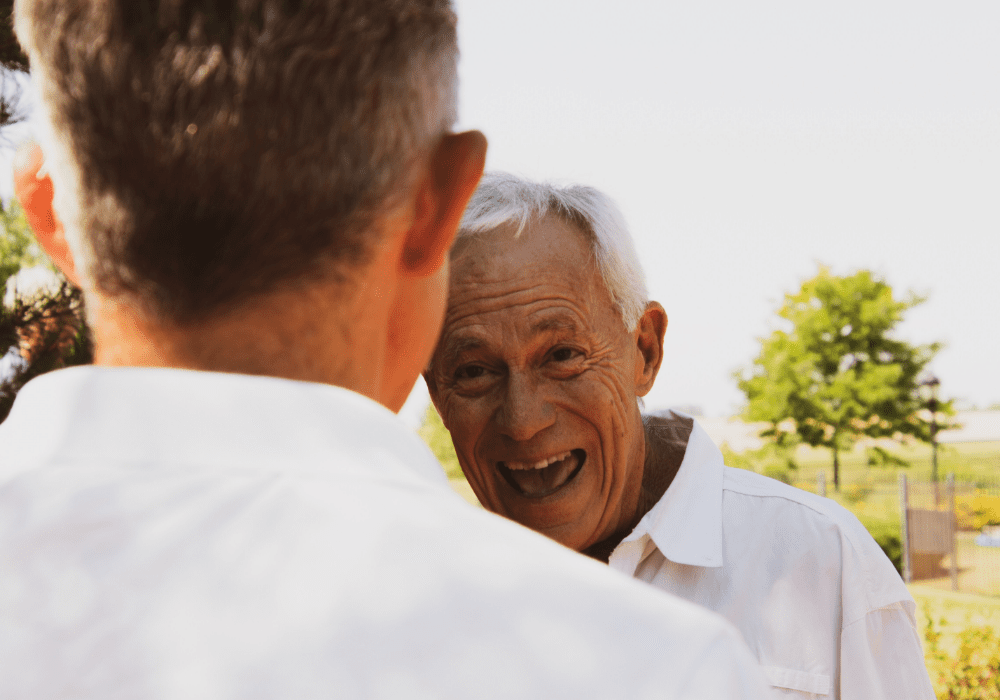
Training
Resident Rights Trainings
CIAD and Mobilization For Justice (MFJ) work together to regularly conduct residents’ rights trainings to adult home residents in the homes. MFJ’s rights handbook is distributed at these meetings and can be downloaded here: The Rights of Adult Home Residents
Independence Training
Essential skill development for residents to manage the day to day of living whether in an ACF or as they prepare to transition to independent living. Taking Control: A Guide to Independence and Decision Making is both a standalone guidebook and the curriculum for a nine session workshop process where residents develop personal independence skills and further their self-advocacy.
